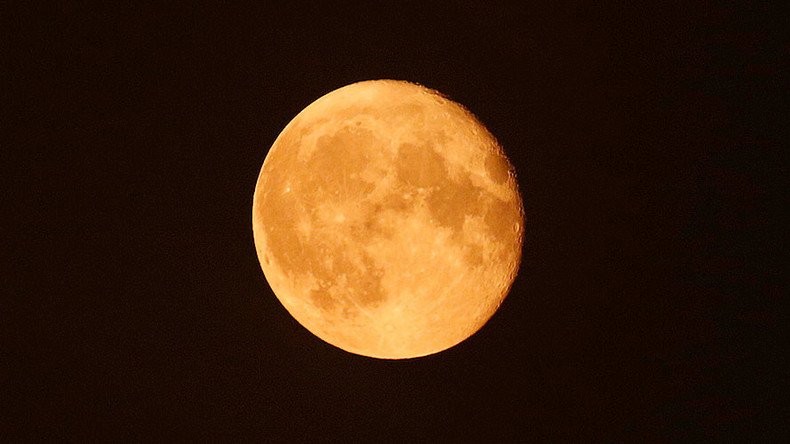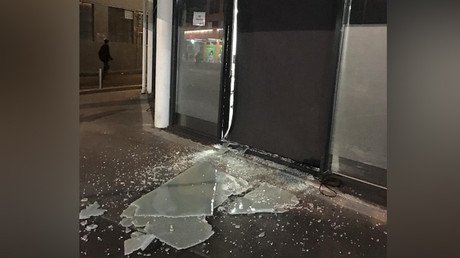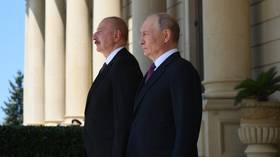Supermoon could have triggered powerful New Zealand earthquake – seismologist

As space enthusiasts gear up for the much-anticipated supermoon on Tuesday night, a New Zealand seismologist is more skeptical towards the phenomenon, saying it could have triggered the powerful earthquake that struck the country on Monday.
People from across the globe are waiting until nightfall to view the supermoon, which will cause the moon to appear up to 14 percent bigger and 30 percent brighter than usual on Tuesday.
And while the supermoon is sure to wow spectators and provide stunning images, Dr. John Ristau, a seismologist for GNS Science – a research institute focusing on geology, geophysics, and nuclear science – is saying the supermoon could have also been behind a powerful 7.8 magnitude earthquake that hit New Zealand early on Monday, triggering hundreds of aftershocks and killing at least two people.
“When you get the tidal forces from the moon it does cause increased stresses in the Earth's crust, so what can happen, potentially, is if you did have a fault that was almost at the very tipping point of rupturing, this could potentially act as the straw that broke the camel’s back,” Ristau said, as quoted by New Zealand website Newshub.
It's not the first time that a supermoon has occurred at around the same time as a major earthquake. The same thing happened on March 18, 2011, when a supermoon lit the night sky just eight days after a massive earthquake and tsunami hit Japan, triggering the Fukushima nuclear plant disaster.
In the lead-up to the 2011 supermoon, the New Zealand city of Christchurch also suffered an earthquake that led to the deaths of 185 people. The fault that caused that quake was previously unknown, just like the one in north Canterbury which made itself felt on Monday.
“If you had a fault that was right there and was just about to break, all it needs is just one tiny little push. So that tiny little push, it could coincidentally happen at the time when there's a full moon, when the tidal forces are high,” Ristau said, referring to the north Canterbury fault.
“As the stresses build up it releases magnetic energy up into the air, and it almost acts like lightning, [except] coming from the ground.”
Ristau's comments come as New Zealand is reeling from hundreds of aftershocks left behind from the 7.8 quake that hit the country just after midnight on Monday. The earthquake, which triggered a small tsunami, led to the deaths of at least two people. A slip dam in the Clarence River was breached hours later, causing a “wall of water” in the Marlborough region and prompting calls for residents to seek higher ground.
Ristau and his colleagues at GNS Science believe the Monday earthquake was actually two separate events.
“The initial earthquake was around Kaikoura, and it was a reverse fault type quake - that's when one side of the ground lifts up over the other,” Ristau said. “But then, after that it continued, and it likely initiated the second earthquake offshore that was a strike slip, which is a side-type motion.”













